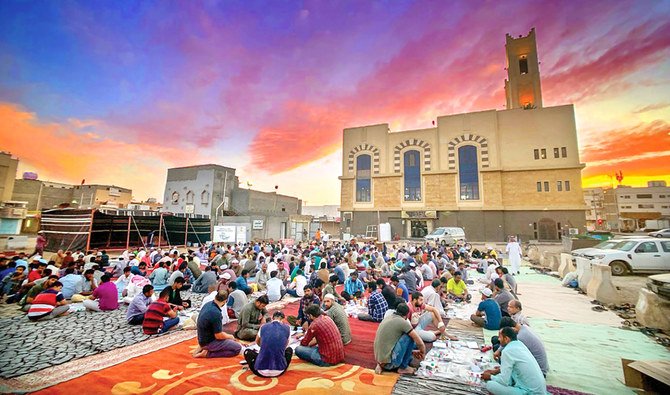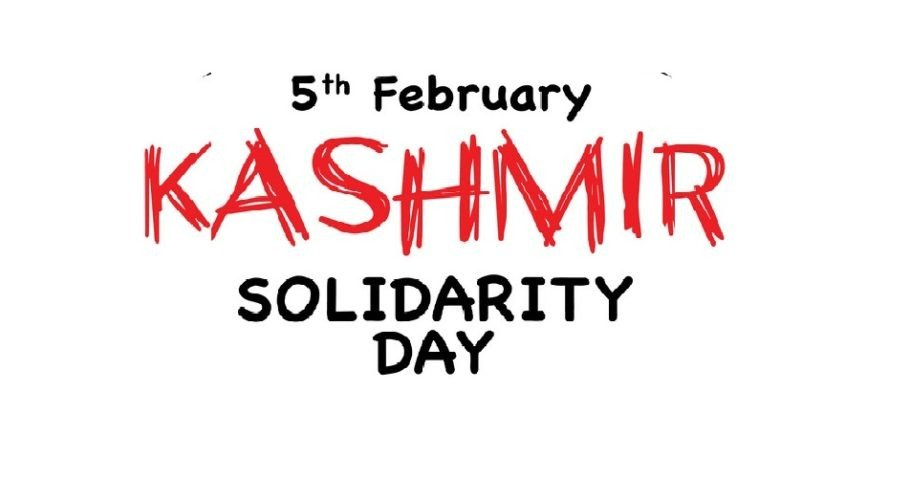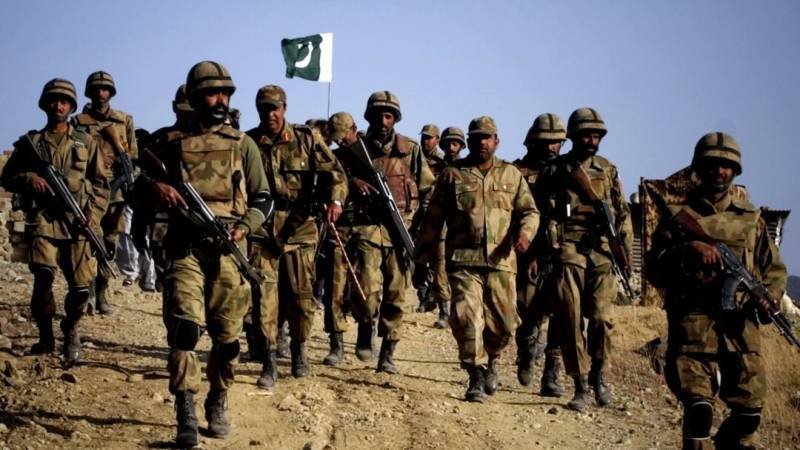In my last article titled “Kazakhstan – Leading Nation of Cryptocurrency in Eurasia” I had mentioned about the Government of Kazakhstan actions and legislation process, the role of AIFC and the measures taken by the National Bank of Kazakhstan. Now in this article I summarize the Regulatory Vision and AIFC, the strategy about the enforcement of the legislation about the cryptocurrency, the Kazakhstan regulatory framework that can be comparable of MiCA and the policy momentum of the government of Kazakhstan about the legislation formalization on the cryptocurrency.
So, Kazakhstan is fast transforming itself into a region where Bitcoin miners can mine freely to be a region where the digital asset can be controlled. Such an adjustment is a massive shift towards long-term gain and development of the cryptocurrency market. The answer is that the government is attempting to arrive at a delicate compact between fostering innovative ideas and maintaining authority of the digital economy.
The example of Kazakhstan becoming a significant part of Eurasian crypto life can be considered as a tremendous opportunity to create workable policies. The experience of the country going through the energy crises, outflowing capital, playbox hi-tech, and crypto banking tells us much about how to navigate in this shaky world of digital finance.
Mining Boom to Managed Growth
Kazakhstan is the second-largest country in terms of Bitcoin mining nowadays, with over 27 percent of all the mining in the globe in 2021. This increased the importance of Kazakhstan in the world of cryptocurrencies. This was largely attributed to the fact that miners were ditching China as the government was cracking down on them as energy use had been capped hence they had to go somewhere to get employed. These are good reasons to visit Kazakhstan which was cheap in electricity.
The mining boom had its cost. Demand overwhelmed the national power grid since it was more than the power grid could handle, leading to blackout and popular unrest. Insecurity increased leading to illegal activities that were detrimental to both taxes and environmental standards. This prompted the government to embark on a massive crackdown in 2023 as their clip in Bitcoin mining was reduced to 4% of the global market. It was also the turning point: it changed to be the uncontrolled exploitation to the structured regulation.
Regulatory Vision and AIFC
Today Kazakhstan is trying to stabilize the crypto space and open it. One of the major contributors in this endeavour is the Astana International Financial Centre (AIFC). This is the primary regulating agency of digital asset exchange companies as well as the services that may be connected to it. With this framework, there are 11 licensed exchanges which enable users (of over 140,000 registered users) access to 112 different cryptocurrencies.
National Bank of Kazakhstan is fronting taking advantage of the legislation to clearly define digital financial assets, grant crypto service providers licenses, and regulate the process of converting between the cryptocurrency and fiat currencies. This is in response to the estimated 15 billion unregulated outflows of crypto which is quite a loss in the economy.
By the onset of 2025, the nation desires a legal regime that interacts with global currencies in managing the centralized and decentralized financial undertakings. In the process, crypto banks are considered. They would provide storage, exchange and transaction at a secure and controlled environment.
Strategic Urgency
Regional competition, especially from Uzbekistan which has made it up to 33rd globally in the 2024 crypto adoption ranking, is testing the tentative approach of the Kazakhstan government towards the field. Kazakhstan was ranked at only 57th.
Kazakhstan has been emphasizing on institutional controls and legal framework, whereas the Uzbekistan has been concentrated on the free markets and the adoption of retailing, and this trend has attracted international attention and investment.
This gap may influence the long-term strength of the digital economy of Central Asia. Unless Kazakhstan manages to stay in pace with new ideas and technology, it can lose its first-mover advantage.
Gap of Talent, Education and Innovation
The development of human capital then has to be in line with the objectives of control. Most investors in the current Kazakh crypto industry are young men; 83 percent of them are aged 18 to 34 years. That is an enthusiasm, but not the professional heterogeneity which a mature digital finance industry requires.
The demand of competent employees in fields such as blockchain analytics, compliance, smart contract development and anti-money laundering (AML) is increasing. However, the process of change is lagging behind. Not much is known regarding government-sponsored education centers, blockchain incubators, or public-private partnerships that aim at developing such a group of talented individuals.
People are the main aspect that Kazakhstan should invest in case it aspires to dominate the region. To propel the next generation of Web3 entrepreneurs to greatness, universities, vocational schools and business must collaborate to develop curricula, certification and accelerator programs.
Aligning with Global Trends
The Kazakhstan regulatory framework is comparable to that of the European Union of the MiCA (Markets in Crypto-Assets), where the first focus is consumer protection, legal certainty, and financial stability. Kazakhstan, however, takes a different position since its current economy still promotes the mining sector albeit with more stringent regulations regarding the environment and its operation.
Major mining companies are currently being instructed to establish renewable energy sources of their own so that they do not rely on the national grid to run their crypto activities. This should assist the nation to quench its energy requirements and even earn a profit.
The cryptocurrency market is recovering worldwide with a market capitalization of more than 2.7 trillion dollars in the middle of 2025, and institutional involvement is more alive than ever. By making its own legislation similar to those in other nations Kazakhstan can turn into a bridge between the Eastern markets and Western rules.
Policy Momentum
It is not that Kazakhstan is only speaking of its intentions to the sector but it is already doing it:
- President Kassym-Jomart Tokayev requested in January to make fast changes to the regulations concerning the digital asset industry.
- In March, Azat Peruashev, a legislative member proposed the initiative to open a national crypto bank to provide its exchange and storage legal services.
- PM Oljas Bektenov affirmed in April 2025, that crypto banks were an actively discussed topic.
- In May, the central bank declared that it would license all crypto-to-fiat service providers.
- Binance also made a similar Memorandum of Understanding (MoU) with National Agency for Investments in May in an effort to assist the country in establishing crypto payment infrastructure.
These developments indicate the extent to which the state is concerned with the line of development of digital assets. It is not only responding to the market, creating an ecosystem as well.
Conclusion
It is the way of remaking and remodeling things of Kazakhstan when it comes to crypto. Kazakhstan is trying to construct a digital economy that would be regulation-friendly, secure, and accessible to innovation. It has changed to a place, where mining is not regulated to a place, where rules are being formulated.
Kazakhstan is more than a follower of the world trends it is a maker of the global trends. In 2025, the nation is projected to rake in over 110 million dollars and 1 million registered users.
Summing up, I should state that Kazakhstan has one day a chance to become an example of crypto governance in Eurasia and beyond provided this country succeeds in maintaining its promise to make rules without suppressing innovation.

Mr. Muhammad Ali Pasha is a “Foreign Affairs Expert”. Furthermore, he is a author and poet.
Note: This article is the intellectual property of the writer. If any content will be republished without the consent of author then it will be consider as forgery and fraud.
Owner and Patron-In-Chief of “The Gulf Observer”, Chairman “The Gulf Observer Research Forum”, Foreign Affairs Expert, Analyst, Writer and Poet.












